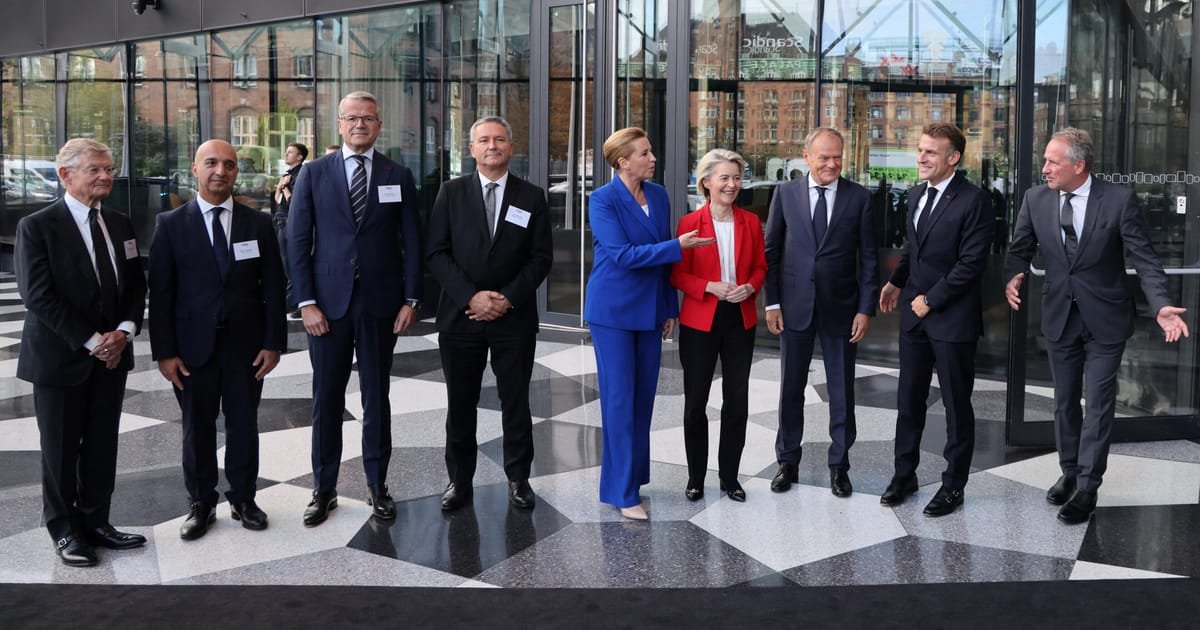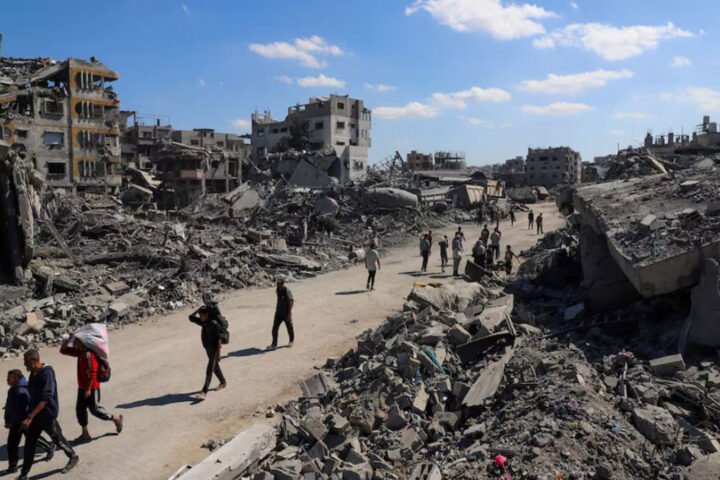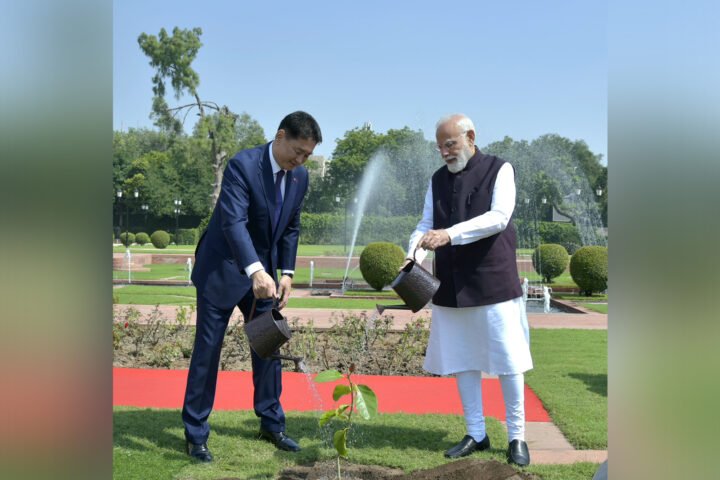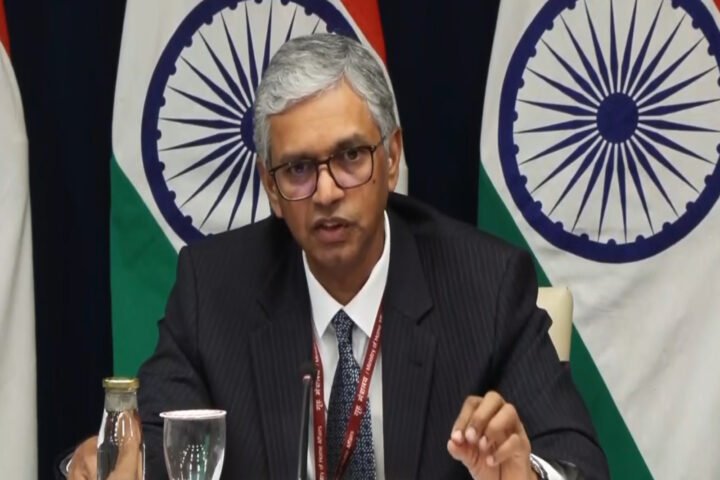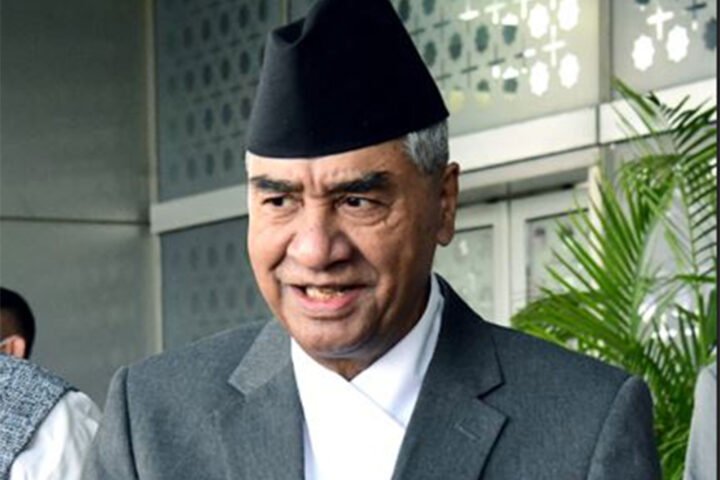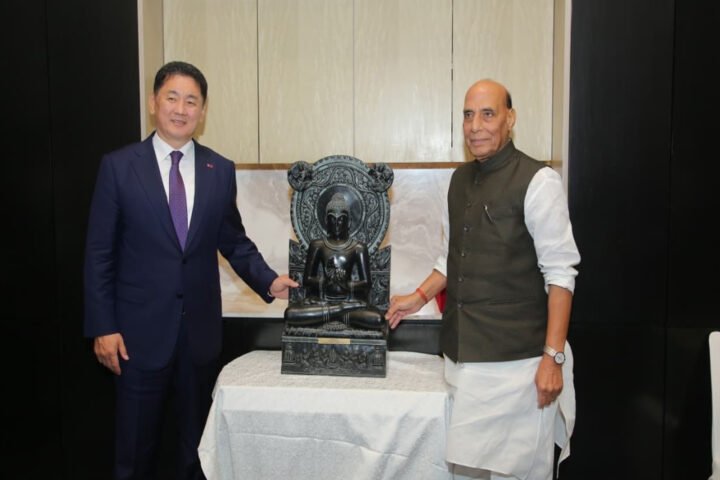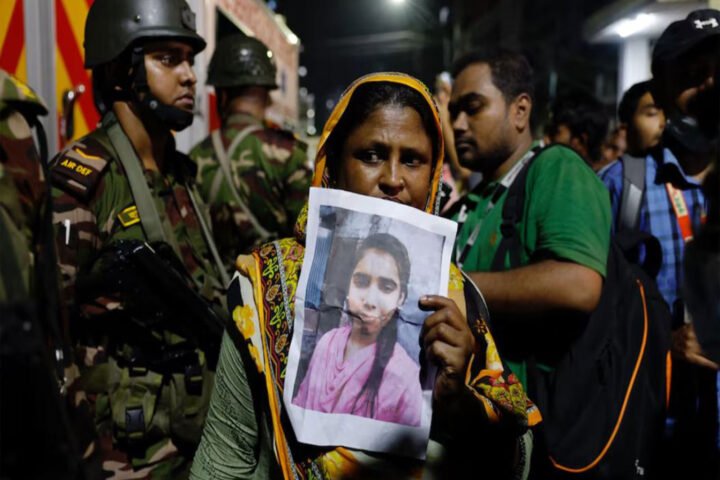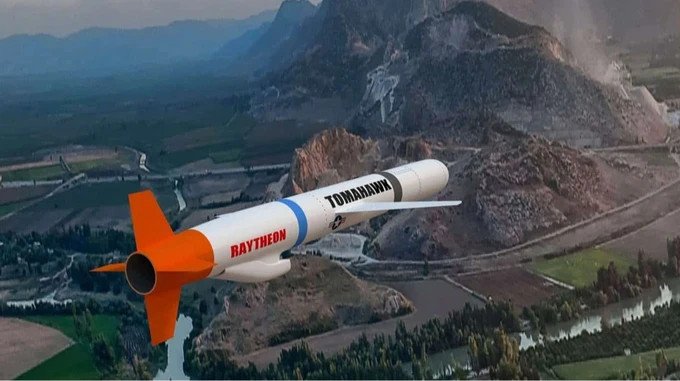
The European Union faces significant challenges in finalizing critical security plans ahead of a summit scheduled for the end of October, as uncertainties persist regarding several key policies, reports 24brussels.
European Council President António Costa, who presided over the meeting, emphasized the urgent need for decisions to enhance the continent’s security. He called on leaders to arrive at the upcoming summit ready to agree on these vital measures.
However, officials expressed skepticism about the likelihood of substantial outcomes, pointing out that the complexity of the issues involved, particularly concerning national sovereignty, means rapid consensus is unlikely. “There was never an expectation there would be a decision on these things overnight,” remarked one official familiar with the discussions.
Security Concerns Intensify
Amid the ongoing debates, the situation remains critical. German Chancellor Friedrich Merz raised alarm about the presence of drones over Germany’s essential infrastructure, underlining the severity of the security threats currently facing EU nations.
An agenda item that addressed support for Ukraine was notably compressed into a single hour due to scheduling constraints. Costa was slated to unveil proposed changes aimed at accelerating Ukraine’s EU accession process while navigating the hurdles posed by Hungarian Prime Minister Viktor Orbán’s opposition. Although the plan received only brief mention, Orbán swiftly criticized it.
Reflecting on the geopolitical landscape, Danish Prime Minister Mette Frederiksen stated, “We meet at a time in which Russia has intensified its attacks in Ukraine. They are threatening us, and they are testing us, and they will not stop.” She reaffirmed the imperative for EU leaders to take decisive action in response to these ongoing threats.
The urgency remains palpable as the EU grapples with a need for cohesive responses amid escalating tensions. “Now it is up to us to deliver,” Frederiksen added, highlighting the responsibility resting on the shoulders of EU leadership in these critical discussions.
